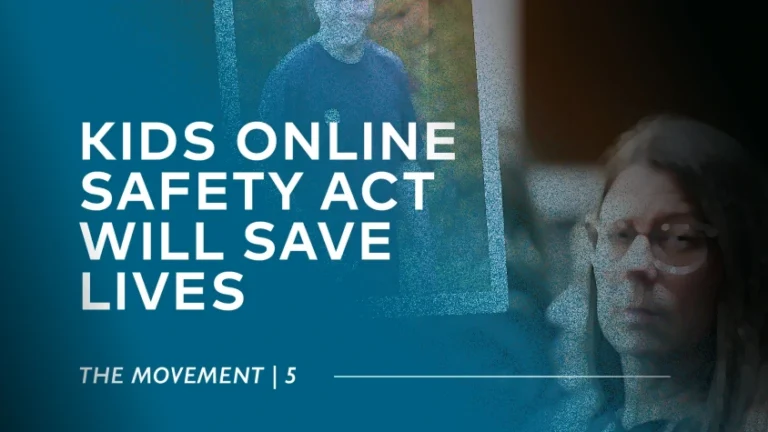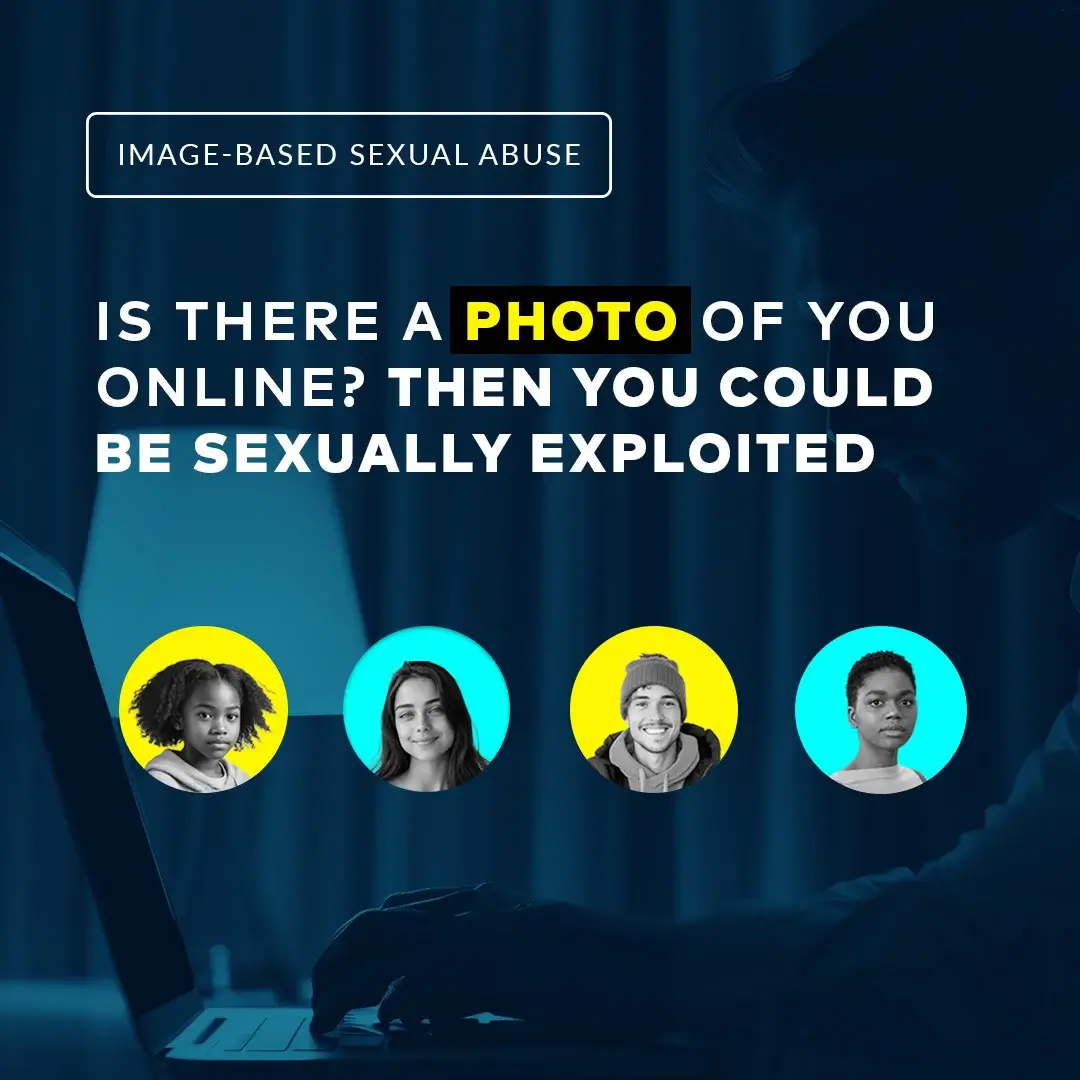Washington, DC (June 29, 2021) – Google is implementing several major changes to Chromebooks and its suite of education products to make them safer for millions of K-12 students worldwide. The National Center on Sexual Exploitation (NCOSE) and its allies have been pressing Google for years to proactively do more to protect kids from harmful material, and even predators, through their products. Most recently, NCOSE named Chromebooks to its 2021 Dirty Dozen List, an annual list of mainstream contributors to sexual exploitation.
As of September 1, 2021, Google is launching several changes suggested by NCOSE. Chromebooks (and Chrome OS) for primary and secondary schools will have safety settings set to default, meaning they can only be changed with administrative privileges: SafeSearch will be on; Enable Guest Browsing will be off; Incognito Mode will be off; and SafeSites will be on (blocking explicit URLs). What’s more, all those in K-12 that currently have a school-issued Chromebook will be updated with these significant improvements
Google is also launching a new age-based access setting, making it easier for school administrators to tailor the experience for users for services like YouTube, Photos, and Map. As of today, admins for K-12 must indicate which users are 17 and under and as of September 1, students under 18 will see changes in their Google products. For example, students won’t be able to post videos, comment, or livestream using their school Google account.
“In time for children returning to school, Google Chromebooks will default to safety, keeping millions of kids safer. These crucial improvements will drastically limit the amount of exposure to harmful content and potential predators through school-issued Chromebooks. These changes will also greatly ease the burden on administrators and teachers – who are often left without sufficient IT support – to try to figure out how to turn on all the safety features,” said Dawn Hawkins, CEO of the National Center on Sexual Exploitation.
“Our contacts at Google noted that these significant policy changes regarding Chromebooks for kids were a direct result of NCOSE’s and our allies’ advocacy and public campaigns and the testimony we brought from families whose children have been harmed by their products. We are grateful to Google for hearing our concerns and implementing these critical changes to protect children,” Hawkins said.
A Google spokesperson provided this statement: “We are constantly working to improve our products and services to make them even safer for children, students and families. Together with key experts, like the National Center on Sexual Exploitation, we are committed to putting the safety, security and privacy needs of our users first. We’re excited that the changes announced today help provide schools around the world with controls to provide students with an even safer way to learn.”
Google Chromebooks – a wildly popular laptop used in schools by 40+million students across the globe prior to the pandemic – became almost synonymous with virtual schooling during COVID-19. In 2020, Chromebook shipments to schools doubled as families, teachers, and children tried to keep education as intact as possible.
Yet there were also dangerous aspects to these devices. NCOSE and allies have been consistently contacted throughout the years by parents, grandparents, teachers, IT administrators, and even the students themselves who suffered incredible trauma after being exposed to harmful content – and even predators – through school-issued Chromebooks. Those personal stories, as well as news articles, only increased this past year. While some blamed the schools, many (including NCOSE) felt the onus should be on Google, and other corporations, to ensure their products being handed to children came with the highest levels of safety as the default.
“Google has now set an industry standard – one that Apple, Snapchat, Instagram, and all other tech companies must follow. Default devices and products to safety for kids. It is a common-sense solution that is long overdue,” Hawkins added.
NCOSE’s been working with Google since 2011 on various ways the company could significantly stem sexual exploitation and abuse through its many products and services. Chromebooks were often part of the conversation, but nothing changed. So NCOSE launched a petition at its annual Coalition to End Sexual Exploitation Global Summit in July 2020 that continued to amass signatures throughout 2021, demanding Google do more with its seemingly limitless resources to protect kids and lift some burden from educators and caregivers.
Google has been NCOSE’S annual Dirty Dozen List since the campaign’s inception in 2013, but for 2021, Chromebooks specifically were featured as a Dirty Dozen List target due to the incredible impact they could have had in minimizing children’s risk during the pandemic and the fact that they were planning on releasing 40 new Chromebook models for education alone in 2021 (with no public plans to improve safety). NCOSE also met with Google several times to continue to share concerns and recommendations; to bring survivor testimonies, public petitions, and parental pleas to Google.





